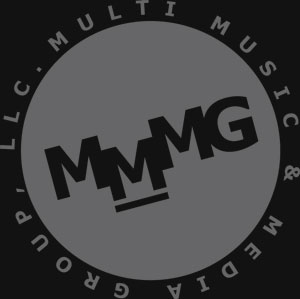Clearance = authorization required to secure the rights to use intellectual property (music, footage, photos, artwork, words, photos, products, talent, etc.) for a purpose restricted under copyright law. This includes making copies of the work(s), Creating a new work based on an existing work, distributing copies to the public by sale, rental, lease or lending.
Rights & Clearances (aka R&C) professionals negotiate and secure the necessary rights for you to include third-party materials within your production/project. They serve as your representative to the many licensors who control the rights to these materials through their relationships within the licensing community.
